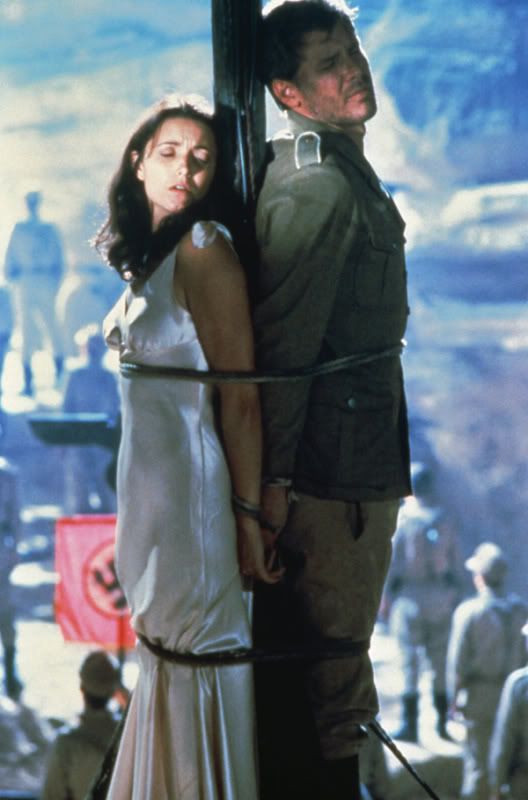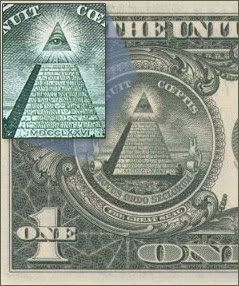
A man takes a wrestless glance at a woman passing by. A girl flutters her eyelids at a cute boy. A child cries himself to sleep at 2'Oclock in the morning. Small tragedies in the course of the day, all brought together by one small connection... What is the first thing you see when you stare at another's face? Is it their rather bulbous nose? Their acne-scarred cheeks? The long, crinkled hair dangling gracelessly from their chin? No, the answer, for most, is the eyes, the window to the soul, to the sea of wrestless waters, plentiful valleys, and disease inside, beautiful blue, brown, black, green, billions upon billions of combinations of hues, shades, and vomit-themed tinges. For thousands of years the eyes have been seen as a symbol of power, of knowledge, of even the sun. And they are right, there is something special about the eyes. The right pair can stun me into silence, absorb me into their own inner horror, or cause me to immediatelly thrust hatred toward them. Yet they are all beautiful, showcasing the gods' presence in humans. Perfectly cylindrical, with circles layered upon cirlces, with intricate red scribbling lines zigzagging along the edges. Fragile, white, beacons to the creature inside.
In much of the ancient world it was believed one could bestow a curse on another by giving them an evil glare. So was the power held within, a person could curse another by simply staring at them the wrong way, quite accidentally. And the results could be disastrous: bad luck, disease, and even death! According to Wikipedia, praise be upon it, the ancient Greeks also believed in the "evil eye", even going as far as rumor-mongering about the great Socrates, claiming he "possessed the evil eye and that his disciples and admirers were fascinated by Socrates' insistently glaring eyes. His followers were called Blepedaimones, which translates into demon look, not because they were possessors and transmitters of the evil eye, but because they were suspected of being under the hypnotic and dangerous spell of Socrates." So sayth the mighty Wikipedia, how dare I criticize its knowlege? Many cultures throughout the world have gone to great lengths to void off the all threatening eye, fashioning talismans and hamsa to ward the threat off. Wikipedia bestows its unquestionable knowledge on me again: "It is tradition among many Muslims, that if a compliment is to be made, you are always supposed to say "Masha'Allah" to ward off the evil eye; it literally means "whatever God wills"." Muslims take this eye sh*t seriously, man. And so do many other cultures: the Greeks, ancient Romans, Jewish tradition, Indians, Muslims, some Latin Americans, and Voodoo practicianers.
And one need not look far to find evidence of this. In Oedipus Rex by Sophocles, Oedipus stabs out his eyes upon discovering the terrifying knowledge of his birth. He was blind, even though he could see, and Tiresius, who was blind, could see... Confusing. Anyhow. The eye in this story is used as a metaphor for knowledge. But counterintuitively, Sochocles warns his audience about the danger of optical vision. Being able to see, that act itself, makes us figuratively blind, and lack of eyes, well that gives us knowledge. Does having the ability to perceive the universe, corrupt it? Alan Watts once claimed, "Things are as they are. Looking out into it the universe at night, we make no comparisons between right and wrong stars, nor between well and badly arranged constellations." But we do do that. We classify, order, file things into species, orders, families, genres, sizes, weights, heights, beauty, everything, and we shove it neatly some where in a filing cabinet. And this is the very essence of science! The act of grouping things together. But one has to wonder... would we do this if we couldn't see? Do the eyes give us power over the universe that we wouldn't otherwise have?
By seeing an event you change it. Take a ball and bounce it in the street. It has equal odds to be anywhere on the street, but by observing you choose its placement. Quantum theorists have known this for years. It has even been claimed that "astromoners may have unwittingly hastened the the end of the Universe by simply looking at it". The eye makes men into gods, gives us power superman could only dream of. Would there even be a universe without someone to observe it?
Eyes are terrifying. How else could Medusa turn whoever stares at her to stone? Why would the biblical character turn to ash when she turned around to see her fallen city? Why couldn't Psyche gaze at her lover? Because they would gain power over them, simply by observing their form. The United States knew that:

So did George Orwell, and the idea has crossed over into modern culture. Often the television show LOST will open in on a closeup of someone's eye, as do many shows and movies. But I have to wonder, what would the universe be like if we couldn't see it? What would we be like? Living in complete darkness. Would we feel more one with our reality? Would we be in harmony, peace? Maybe to be truly enlightened, one has to SEE that he or she isn't supposed to SEE.
cool information!
ReplyDeletethanks!
ReplyDelete